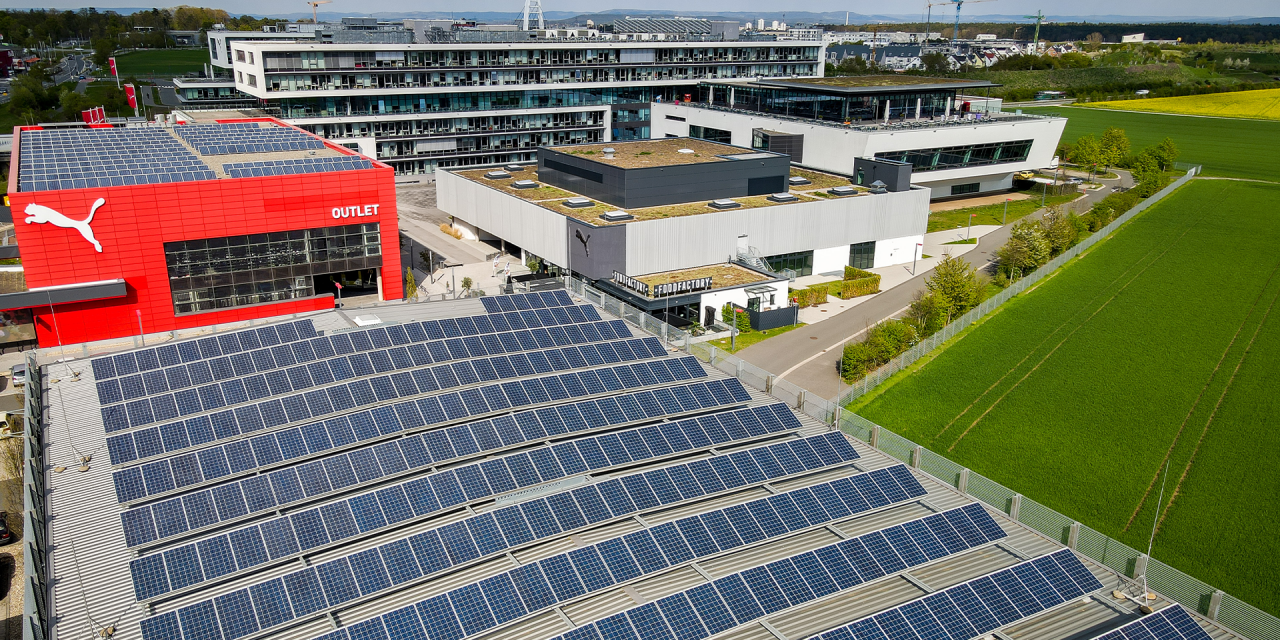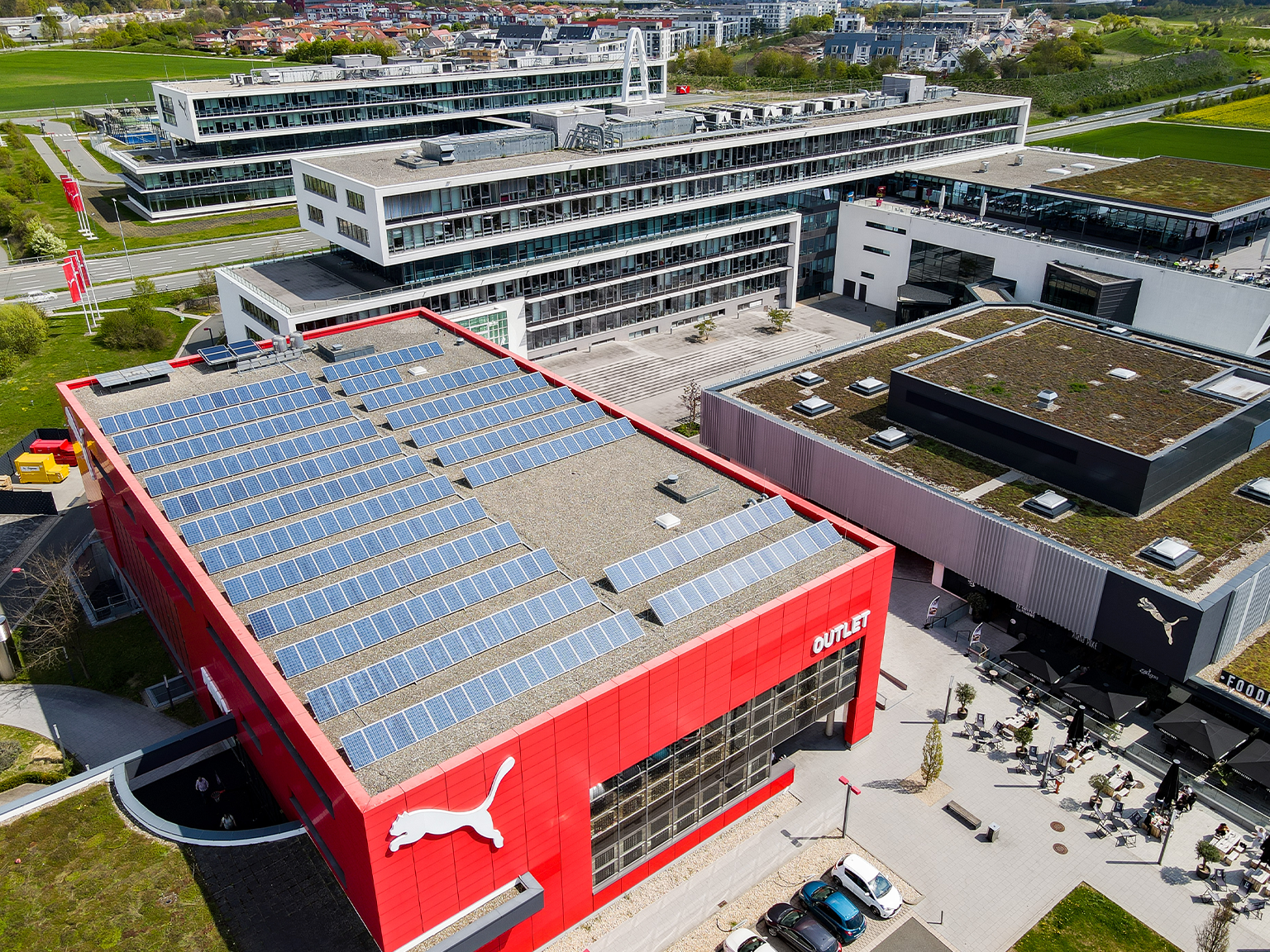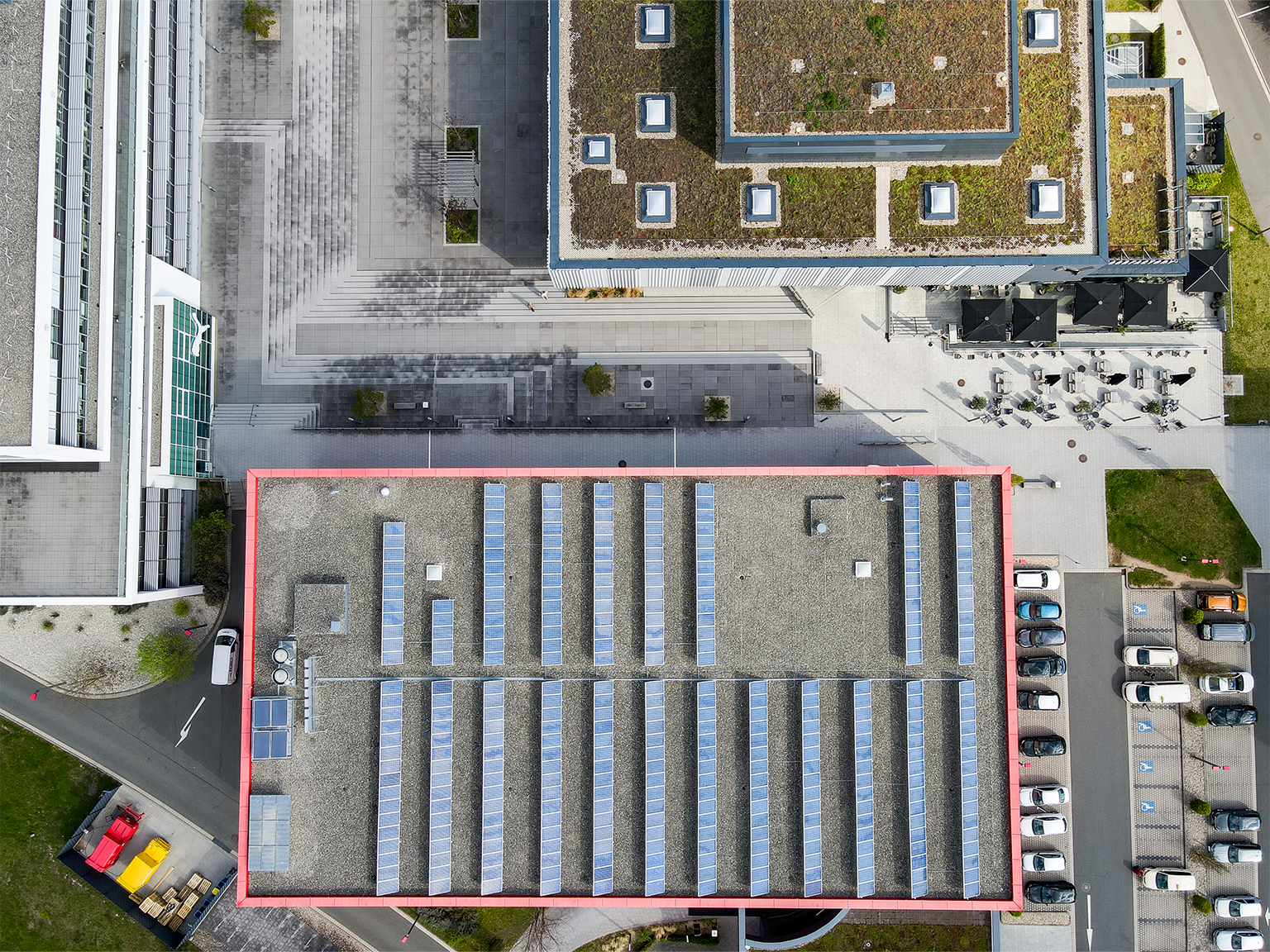Sports company PUMA has cut its own carbon emissions and those coming from its supply chain between 2017 and 2021, even though the business grew strongly during this period, as the company is on track to reduce its emissions by what scientists say is necessary to avoid the worst consequences of climate change.

“For the first time, we published the numbers for our entire value chain, and we have made some real progress towards achieving our climate ambitions over the last years. Our own emissions and those from purchased energy were reduced by more than what is needed to do our part to keep climate change below 1.5 degrees,” said Stefan Seidel, Senior Head of Corporate Sustainability. “We will not stop here and continue to make improvements to live up to our Forever Better sustainability strategy.”
Using less carbon intensive raw materials is an important pillar of PUMA’s sustainability strategy. In 2021, PUMA expanded the use of recycled polyester to 55% in its Apparel products, as part of its strategy to use 75% recycled polyester in its Apparel and Accessories by 2025. Overall, PUMA wants to make nine out of ten products from more sustainable materials by 2025. In 2021 this was already the case for six out of ten products.
As a founding member of the Fashion Industry Charter for Climate Action, facilitated by UN Climate, PUMA recognises the fashion industry’s important role in decarbonization and is also working with other brands, governments and NGOs to reduce CO2 emissions throughout the supply chain.
For more information, you can read 2021 PUMA’s Sustainability Report on https://about.puma.com/en/sustainability/reporting.

